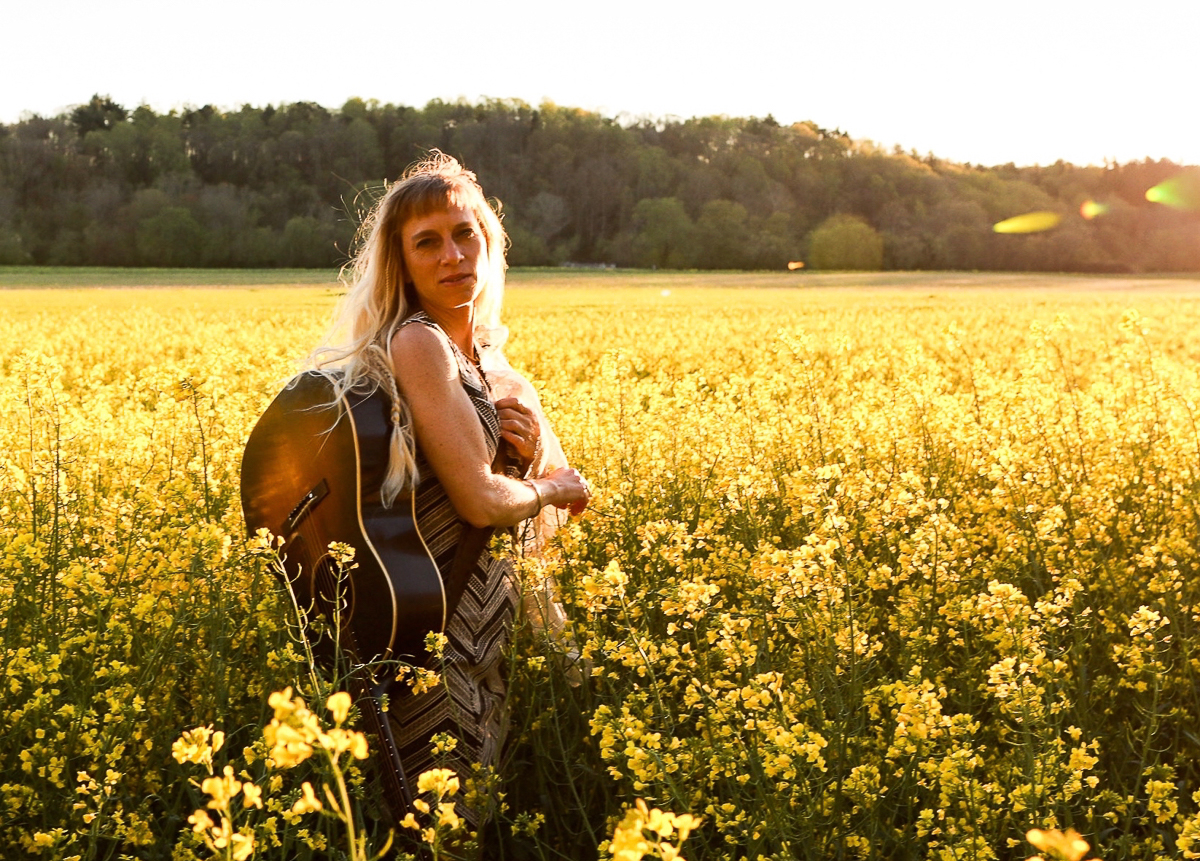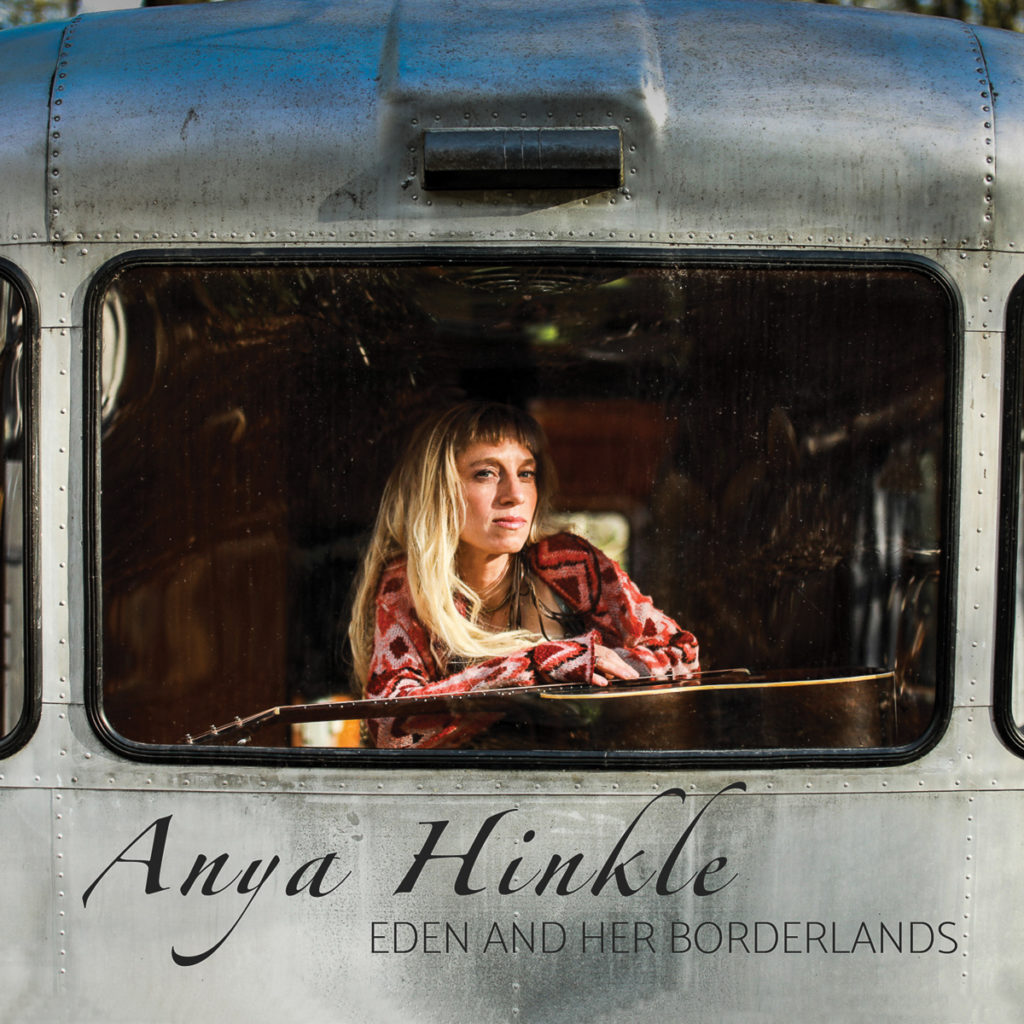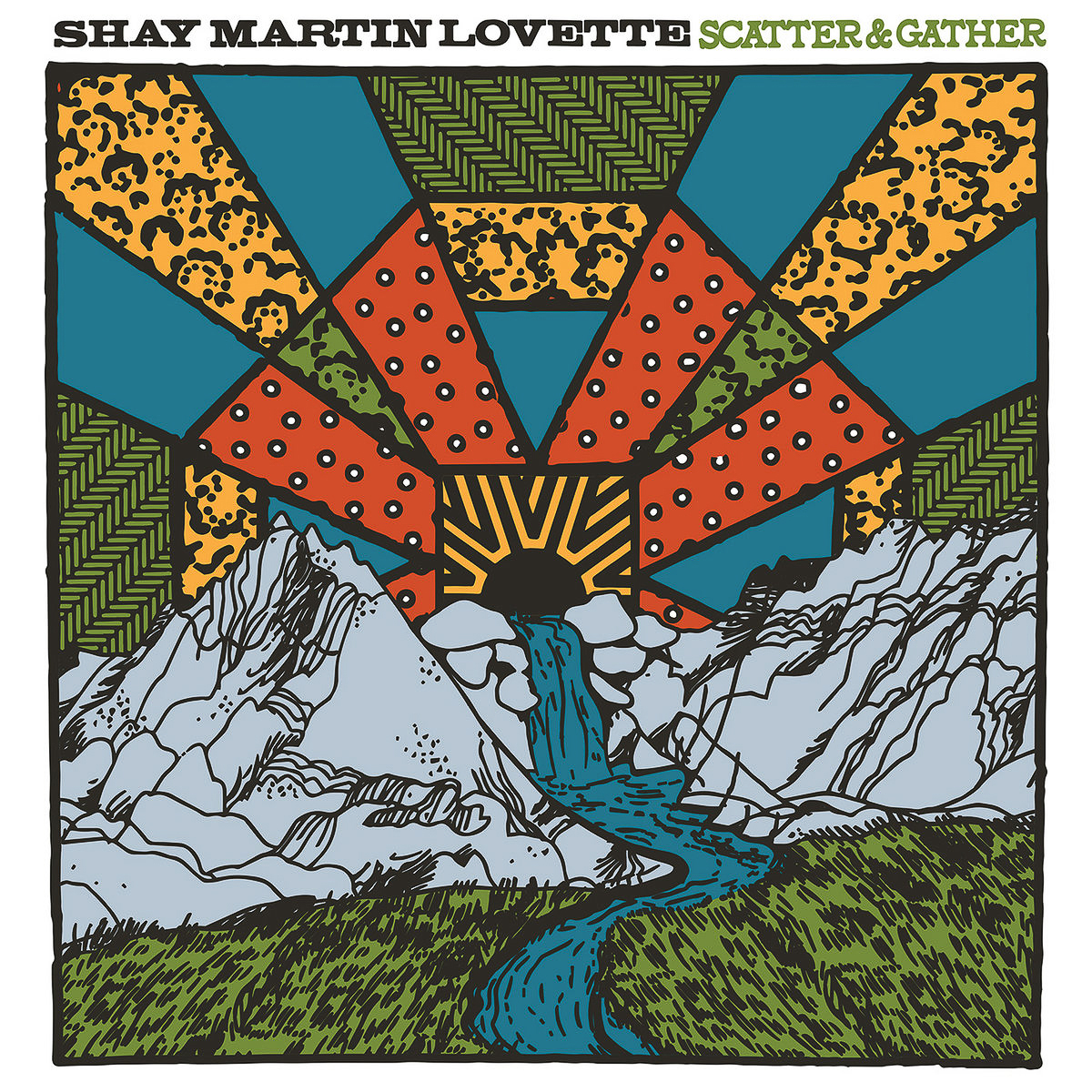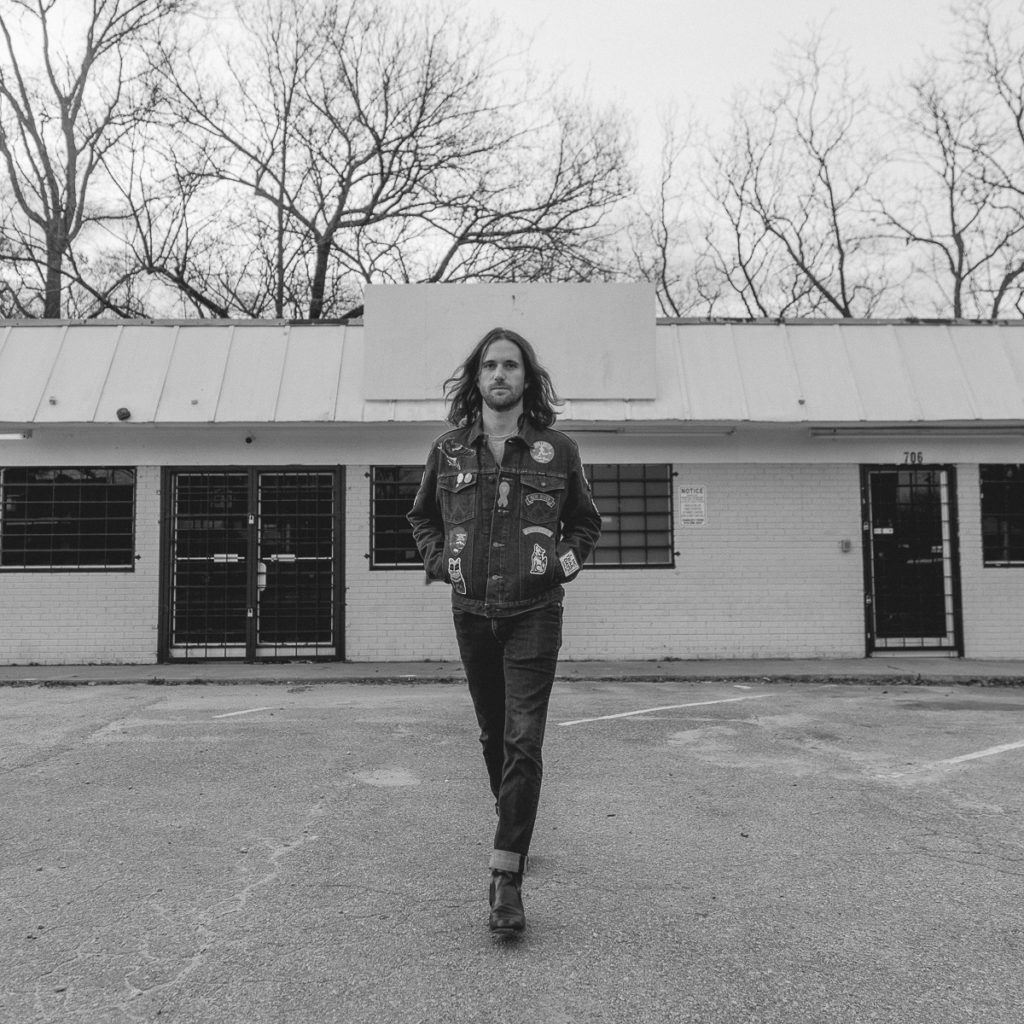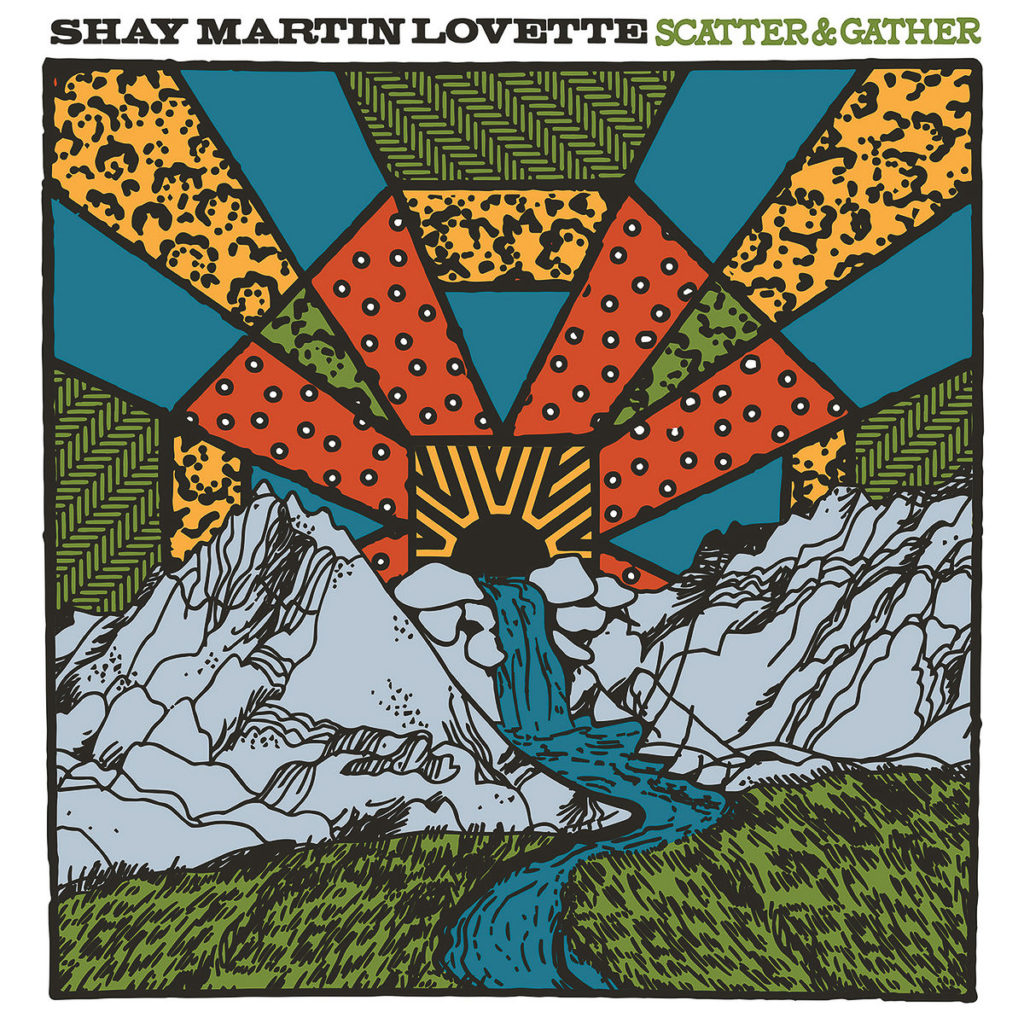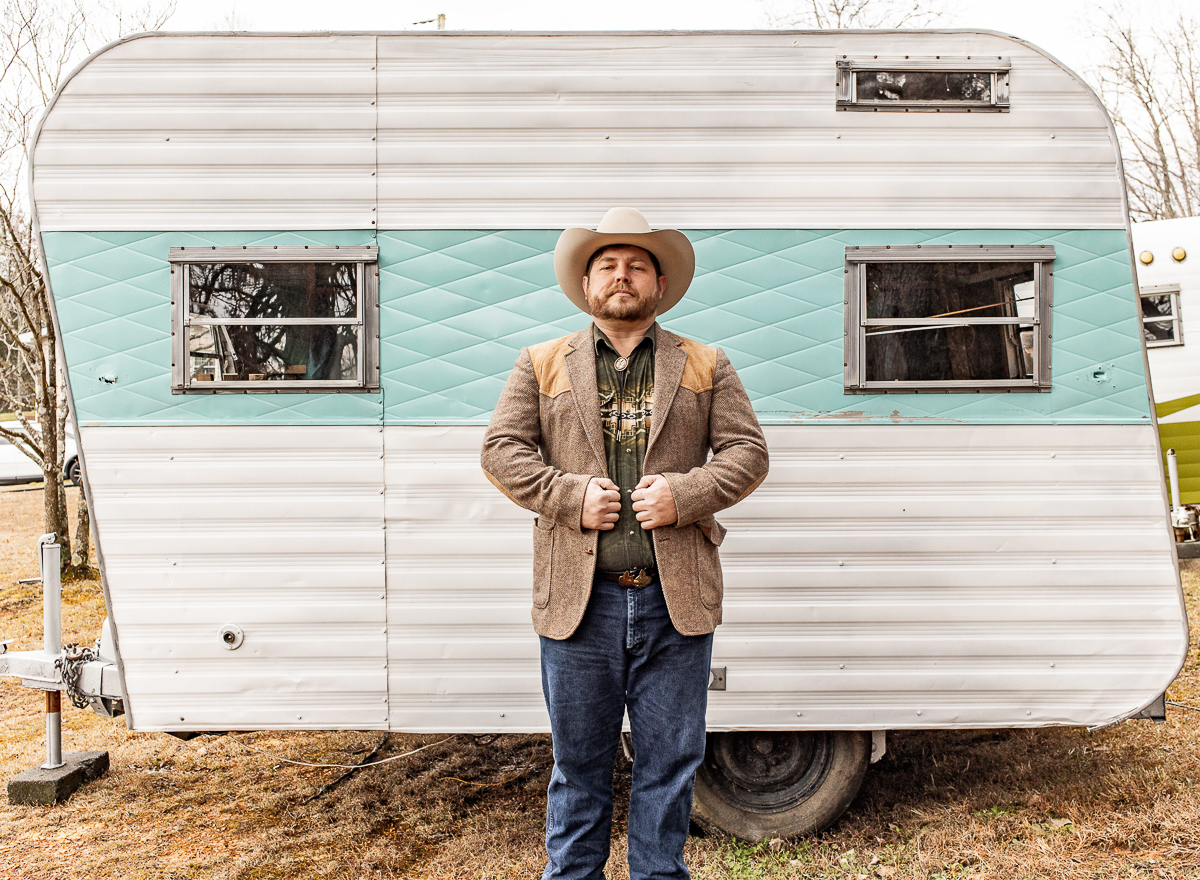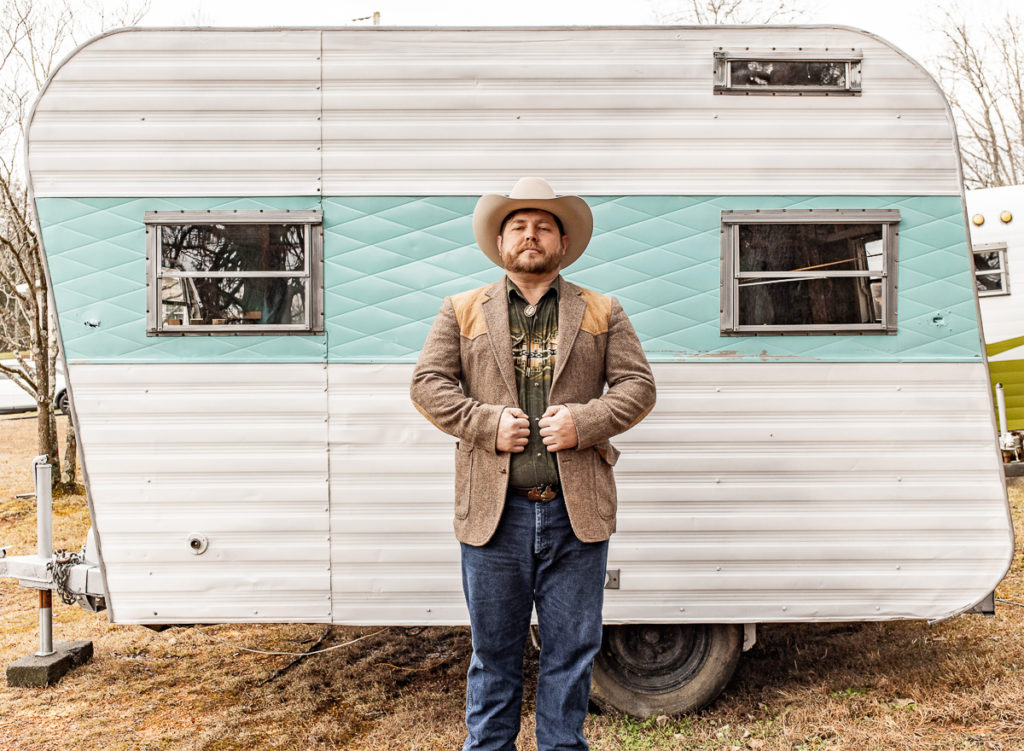Radio Bristol is proud to offer a platform to local and regional artists, artists who are often underrepresented on a national level yet deserving of that audience. In expanding upon Radio Bristol’s core mission, we are pleased to bring you our Radio Bristol Spotlight series. Radio Bristol Spotlight highlights the top emerging artists in our region. Through interviews and performance, we will learn more about the musicians who help to make Central Appalachia one of the richest and most unique musical landscapes in the world.
Not too long ago we were able to host a well-known local fixture of the Tri-Cities music scene for an interview and live performance: Ed Snodderly, singer-songwriter, professor, venue owner, and live music devotee.
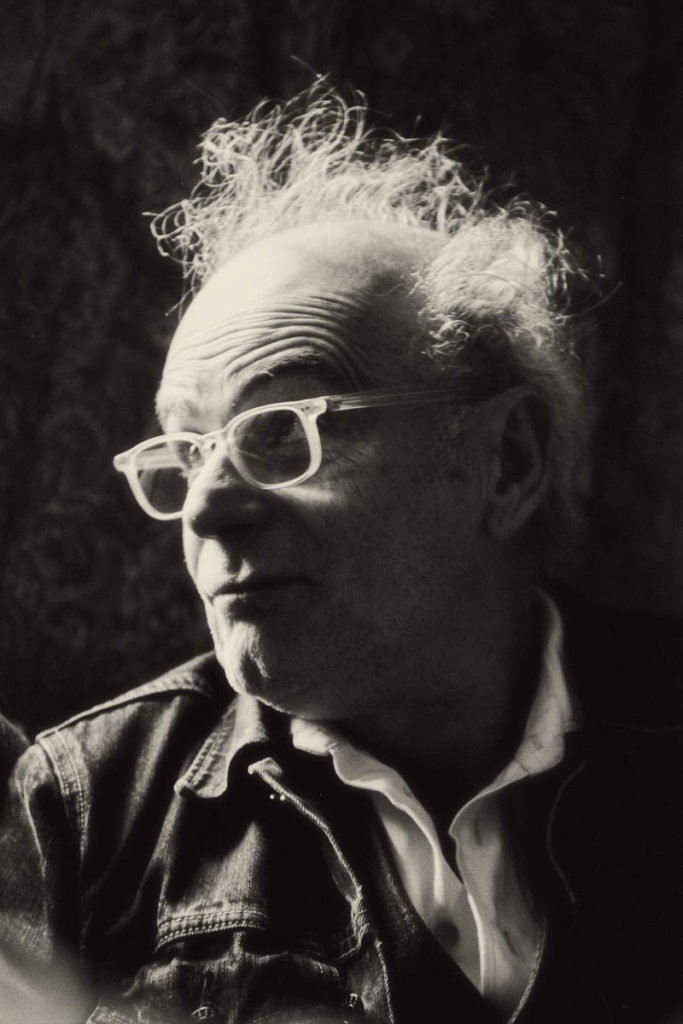
Folks around the area most likely have heard about The Down Home, the long-running music venue Ed helped found with Joe “Tank” Leach in 1976. The wooden-walled, listening room-focused locale has become legendary for the quality of its musical acts and for the intimacy of the performance space. Famed for hosting major artists such as Old Crow Medicine Show, Townes Van Zandt, and Allison Krauss way before their music became a part of the growing Americana music canon, The Down Home has provided a communal space for experiencing music with a profound dedication to artistry.
Maybe you also recognize Ed’s face from his cameo performance as the “Hillbilly Fiddler” in the movie O Brother Where Art Thou. You may also have seen him running sound during an Open Hoot, or even performing in local community theatre.
If you hang around Johnson City, you may have also caught Ed walking across the ETSU campus, where he teaches songwriting. He is adept at encouraging first-time writers to hotwire their minds and put up their “antennas” to find where an attention-grabbing first line might be hiding in the everyday. This is how I first met Ed via a workshop hosted by the Birthplace of Country Music. His approach to making songs has really influenced me – a lot of his focus hones in on connecting experience to place and allowing the writer to explore “what they know” instead of relying on popular musical tropes.
Ed may wear many hats, but he is first and foremost an amazing songwriter. Indeed, his name is etched beside lyrics from his song “The Diamond Stream” on the walls of the Country Music Hall of Fame. He has released several albums as a solo musician and with his singing partner Eugene Wolf in their duo The Brother Boys, and and currently has new albums in the works in both of these roles, due out later this year and early spring of next year.
Inspired by the extra time during the pandemic, Ed talked to us about the considerable amount of new material he’s written recently, shared a few of his well-crafted songs, and also spoke about his musical journey. Donning a hip pair of rimmed glasses and a country boy swagger, Ed welcomed us into his musical landscape with an endearing East Tennessee drawl. He started off with a nostalgic tune, called “Kiss the Dream Girl,” which recounts a downtown that was once bustling. A steady rhythmic guitar line walks through the verses like someone strolling down an empty street; the “dream girl” acts as a metaphor for those still remembering in the lost spirit of a small town. This song was featured on the Brother Boys record Plow released by Sugar Hill Records in 2006, and you can listen to a recording of it here:
Growing up in the Morristown area near Knoxville, Tennessee, Ed was taught basic chords on an unbranded guitar bought by his father and uncle with money scrounged from farming tobacco. He was encouraged at an early age by his musical family – his grandfather was a fiddler, and his uncle played pedal steel professionally for big-time artists such as Loretta Lynn and Jerry Lee Lewis. With that background, Ed became fascinated with music. He also liked to learn songs by ear, slowing down 33 1/3 records while figuring out how to play the songs himself, and he reveled in the folk music revival that was gaining ground during his childhood. Ed says he’s drawn influence from a wide variety of artists, including Riley Puckett, Guy Clark, and The Beatles – from these, he has pieced together a guitar style that feels extremely unique and captivatingly organic. Part old-timey fingerpicking and part contemporary folk songwriter groove, his guitar licks seem to always be pushing songs rhythmically towards their destination. Ed’s style is both reverent to tradition, while also being totally unafraid to shift itself into another genre, all masterfully cobbled together to best serve the song at hand.
After his first number, Ed shared another original called, “Slow My Girl Around.” which felt like it could be inspired by an old fiddle tune, possibly “Fly Around My Pretty Little Miss.” Its lilting melody hops around his distinctive guitar playing, which guides each note towards the chorus. The lyrics again were tinged with nostalgia, but this time explored modernity’s dependence on technology. Lines like “Your eyes are addicted to the little box screen” and “Where all is quiet and there’s no hum, trying to get back to what we got away from” make it clear that the songwriter is searching for a more genuine existence, unfettered by the mechanics of contemporary life. When asked about his songwriting, Ed replied simply “I write about what I know; I always try to remember what the country smells like.” His dedication to straightforwardly writing about experiences while poetically uncovering personal truths leads to songs that are as thought-provoking as they are familiar and that use easy going off-the-cuff language to describe ego-splitting revelations.
The third song Ed played during his on-air performance – “Love Song in a Low Key” – felt like an expressive anthem to the present moment. The song features driving guitar accompaniment paired with recollections of everyday experiences that effortlessly create joy: pocket watches, a good cup of coffee, the feel of a steering wheel, the sense of “being home and being here.” This song displays stylistic influences from pop and rock music of the 1960s, while still imparting folk-inspired wisdom, and pulls in the listener with a sing-song talking blues-like cadence. Similar to the first two songs, Ed used the subject of romance to talk about larger truths; his approach to utilizing love as a metaphor allows these songs to seem both personal and expansive.
Ed Snodderly is many things to many people, but his interview made it clear that most of all he is an absolute devotee to live music, valuing the magic of performance, the art of songwriting, and holding reverence for person-to-person interaction. This passion is what led Ed to open The Down Home, and it is the subject of the last song he played for us. Also titled after the music venue, the song comes from 2017’s Record Shop and chronicles the rarity of a creative space like The Down Home, which according to the song is “enough to make you feel every kind of feeling.” Check out Ed’s inspiring live performance in the video below, and keep your eyes peeled for new music from Ed Snodderly and The Brother Boys.
Ella Patrick is a Production Assistant at Radio Bristol. She also hosts Folk Yeah! on Radio Bristol and is a performing musician as Momma Molasses.



